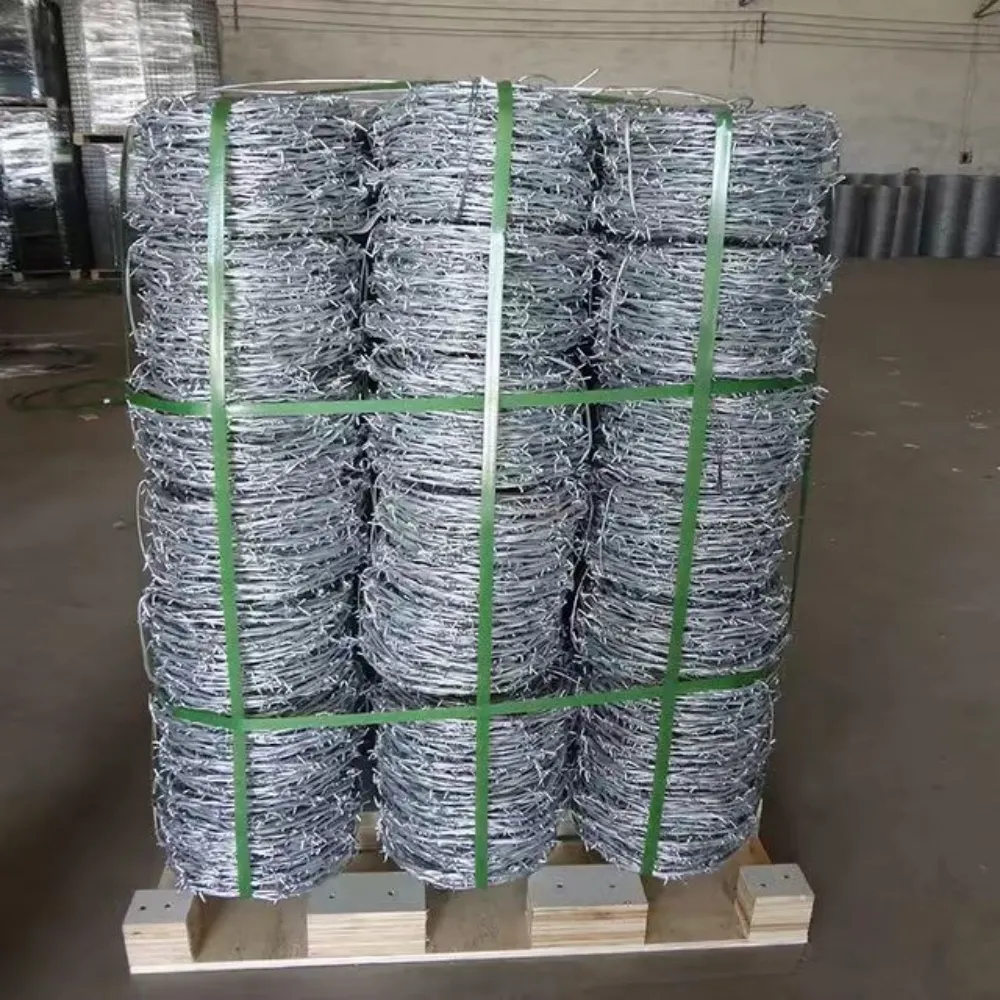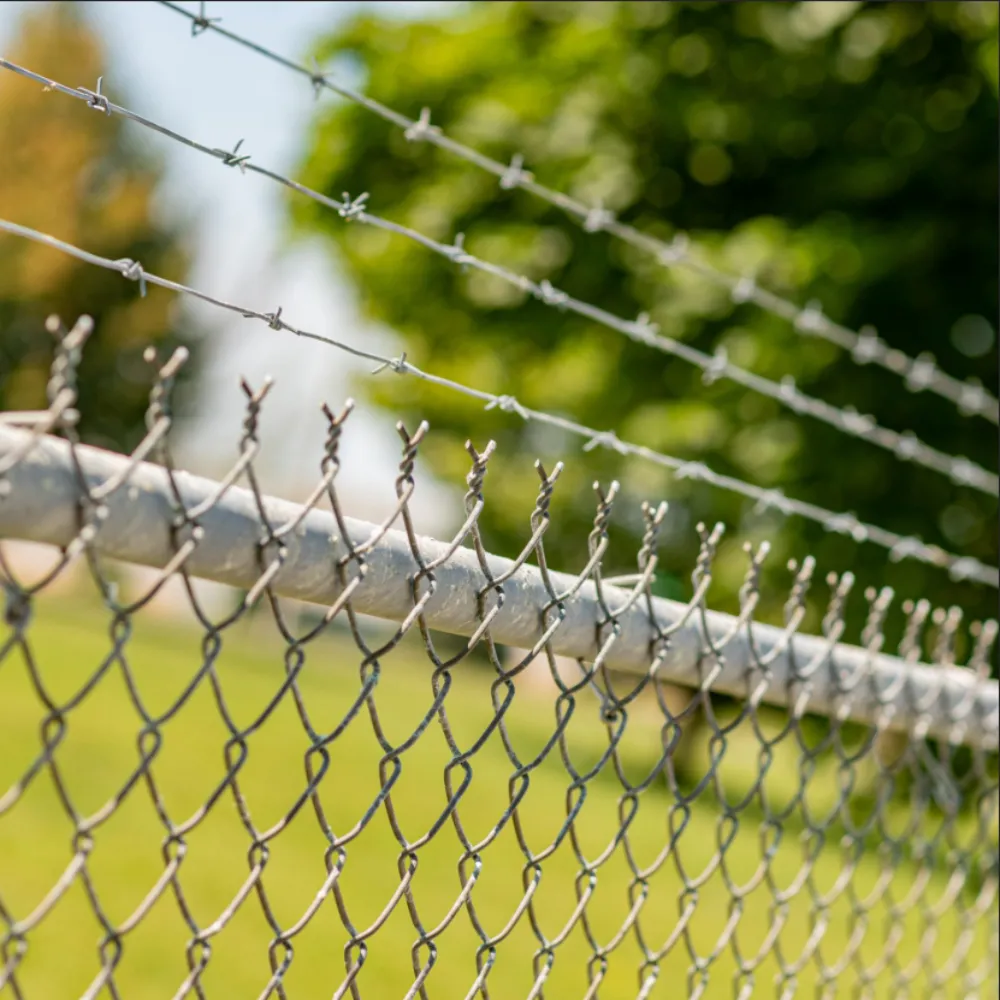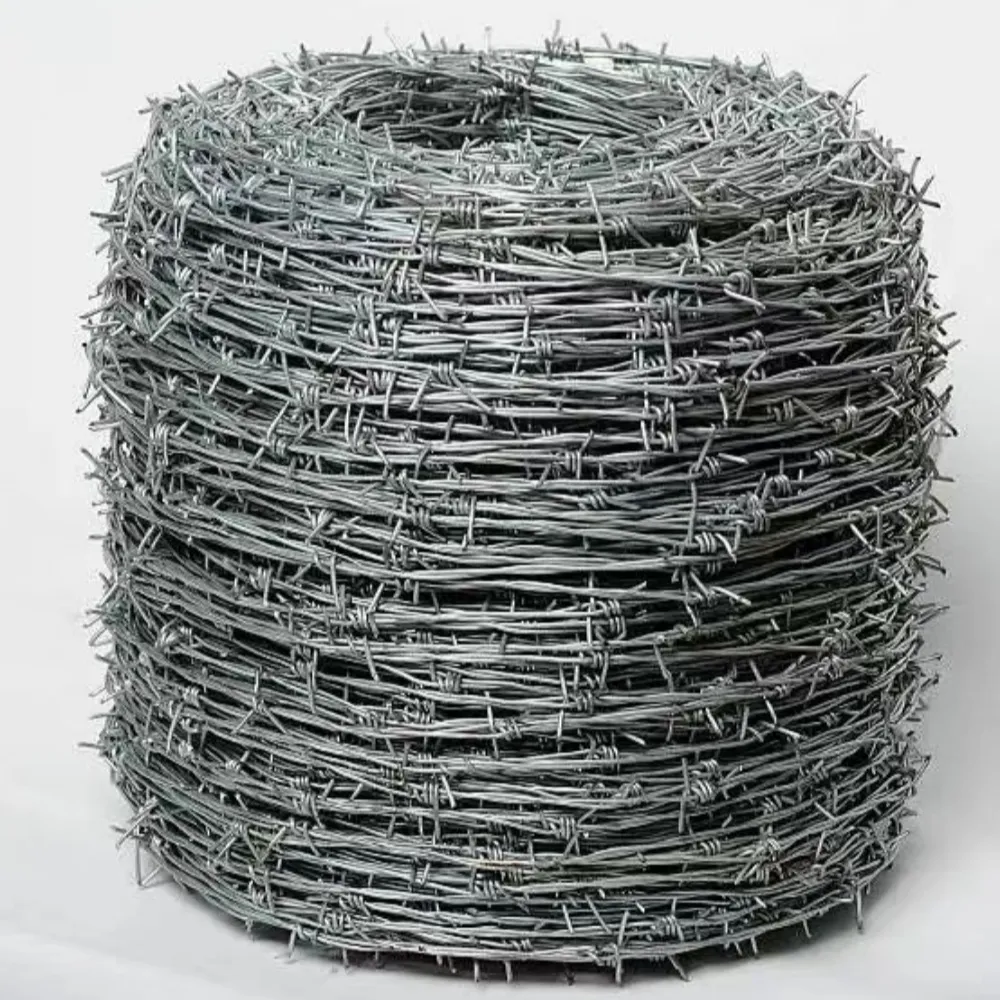Explore the Versatility of Iron Wire
In the world of construction, manufacturing, agriculture, and household utility, iron wire plays a foundational yet often overlooked role. From reinforcing buildings to bundling agricultural produce and supporting industrial operations, this simple material stands at the heart of durability and reliability. In this in-depth guide, we explore everything about iron wire wholesale, its importance in construction, the current iron wire price per kg, and leading iron wire manufacturers you should know.

Iron Wire Wholesale: A Backbone Material for Industry Growth
The demand for iron wire wholesale continues to rise across the globe. Industries rely on it not only for its tensile strength and malleability but also for its adaptability to numerous applications.
Iron wire wholesale refers to the bulk supply of iron wire, usually in coils or spools, for industrial-scale applications. Buyers often include hardware retailers, construction firms, fencing contractors, and agricultural supply companies. Wholesale procurement is cost-efficient, allowing buyers to meet project demands without constantly sourcing smaller quantities.
High-quality iron wire wholesale suppliers offer customization in wire diameter, tensile strength, coating type (such as galvanized), and packaging format. Common types of iron wire available for wholesale include annealed wire, black iron wire, galvanized iron wire, and PVC-coated wire. Each has its own unique use case, with black iron wire favored for general binding and annealed wire used in construction reinforcement and baling.
When selecting a supplier for wholesale iron wire, consistency in quality, production capacity, and timely delivery are paramount. Trusted suppliers offer detailed specifications and compliance with international standards, ensuring that buyers can meet strict performance and safety criteria.

Iron Wire for Construction: Strength, Support, and Stability
Among its many applications, iron wire for construction remains one of the most critical. Its robustness and cost-efficiency make it a staple in virtually every construction project, whether residential, commercial, or industrial.
Builders commonly use iron wire for construction in reinforcement tasks, including binding rebar (reinforcing steel bars) before pouring concrete. This process ensures structural integrity and alignment, which are essential for safety and stability. In this context, annealed iron wire is the preferred option due to its flexibility, allowing easy manipulation without breaking.
Additionally, construction crews use iron wire in scaffold tying, temporary fencing, masonry works, and formwork assembly. The wire's pliability combined with high tensile strength ensures it performs reliably under stress and strain.
Galvanized iron wire, which resists rust and corrosion, is particularly beneficial in outdoor and high-moisture environments. It’s commonly used in forming structural frameworks or tying components that are exposed to the elements for extended periods.
Given its versatile applications, iron wire for construction is indispensable. It’s lightweight for easy handling but strong enough to perform under the demanding conditions of modern construction environments.
Iron Wire Price per Kg: Factors That Influence Cost
If you’re planning to purchase in bulk, understanding the iron wire price per kg is vital for budgeting and cost management. Prices can vary significantly based on a variety of factors.
First, the iron wire price per kg depends heavily on the raw material market—particularly the cost of iron and steel. Fluctuations in the global commodities market, driven by demand, mining output, geopolitical tensions, and trade policies, can all impact the base price.
Second, the type of wire and its specifications—diameter, coating (if any), and tensile strength—play a major role. For instance, galvanized iron wire typically costs more than black annealed wire due to the additional processing involved.
Manufacturing origin also affects pricing. Wires produced in countries with advanced manufacturing technology and strict quality control—such as China, India, and Germany—may command higher prices due to reliability and performance assurances. Conversely, wires from low-cost regions may appear cheaper but often compromise on durability.
As of recent market analysis, the iron wire price per kg ranges from $0.50 to $1.20, depending on order volume, wire type, and quality standards. Buyers are advised to obtain quotations from multiple suppliers and factor in shipping costs, especially when dealing with international manufacturers.

Top Iron Wire Manufacturers: Global Leaders in Quality and Reliability
Finding reliable iron wire manufacturers is key to ensuring the long-term success of your projects and business operations. Leading iron wire manufacturers not only offer competitive pricing but also emphasize quality control, technical support, and timely delivery.
Some of the most respected iron wire manufacturers include:
- Bekaert (Belgium)– One of the world's largest producers of drawn steel wire products. They offer a broad range of iron wire types with advanced coating technologies and exceptional tensile performance.
- Tata Wiron (India)– A division of Tata Steel, Tata Wiron specializes in high-performance galvanized and black iron wire for industrial, agricultural, and construction use.
- Anping County Wire Mesh World (China)– Located in the renowned wire production hub, Anping, this company supplies wholesale iron wire globally, known for customization and large-scale capacity.
- Tree Island Steel (Canada)– With a strong North American market presence, Tree Island offers reliable construction-grade iron wire with consistent diameter control and corrosion resistance.
When choosing iron wire manufacturers, it's important to evaluate their production capacity, international certifications (such as ISO 9001), ability to meet deadlines, and customer service capabilities. Many manufacturers also offer private-labeling options, which can be useful for distributors.
Why Iron Wire Is Still the Best Choice for Multipurpose Utility
Despite the emergence of synthetic alternatives, iron wire continues to dominate multiple industries due to its unmatched combination of strength, flexibility, and affordability.
Its core advantages include:
Ease of use: Iron wire can be cut, bent, and twisted easily, making it ideal for binding and assembly applications.
Durability: When properly coated, such as with zinc galvanization, iron wire becomes highly resistant to corrosion, extending its lifespan even in harsh environments.
Sustainability: Iron is one of the most recyclable metals, and iron wire can be reused or repurposed without losing structural integrity.
Availability: Iron wire is available worldwide, ensuring easy sourcing for local and international projects alike.
From warehouses and scaffolding sites to vineyards and art studios, iron wire proves to be an irreplaceable resource in any toolkit.
Iron Wire FAQs
What is iron wire typically used for in construction?
Iron wire for construction is mainly used for binding rebar, tying scaffolding, securing formwork, and assembling temporary structures. Its strength and flexibility make it ideal for maintaining structural integrity before concrete setting and for general site organization.
Where can I find reliable iron wire wholesale suppliers?
You can source iron wire wholesale from established industrial wire manufacturers or verified online marketplaces like Alibaba, Made-in-China, and Global Sources. Always ensure the supplier meets international standards and offers quality assurance documentation.
How is the iron wire price per kg determined?
The iron wire price per kg is influenced by raw material costs, wire type (black, galvanized, annealed), thickness, tensile strength, and market demand. Transportation and import/export fees can also impact the final price for buyers.
Are there specific certifications to look for from iron wire manufacturers?
Yes. Reputable iron wire manufacturers should have ISO 9001 certification for quality management, and if applicable, certifications for environmental and safety compliance. Product-specific certifications such as ASTM or EN standards also reflect a high level of quality assurance.
What’s the difference between galvanized and black iron wire?
Galvanized iron wire is coated with zinc to resist corrosion, making it suitable for outdoor use. Black iron wire is uncoated and often used for indoor applications or where corrosion resistance isn’t critical. Both serve essential roles depending on environmental conditions and structural requirements.
-
Space-Saving Chain Fence Hacks Vertical Gardening with Cyclone MeshNyheterJul.16,2025
-
Innovations in Iron Nail Wire Production for Modern ConstructionNyheterJul.16,2025
-
Creative Uses of Wire Netting Fence in Modern Landscape DesignNyheterJul.16,2025
-
Barbed Wire Fence Innovations in Anti-Climb TechnologyNyheterJul.16,2025
-
Architectural Uses of Umbrella Nails for Aesthetic Roof DesignsNyheterJul.16,2025
-
Architectural Uses of Razor Barbed Wire in Secure Urban DesignNyheterJul.16,2025




